social media kit
+ campaign merch
WE NEED YOUR HELP!
Download the following graphics and share on your socials using the hashtag #KeepBajaWild
-
Before marine ecotourism began to be trendy in places like La Ventana in Baja California Sur, the local economy of captains and locals depended heavily on traditional livelihoods like Shark & Mobula fishing ( photos of our team in April 2019 in La Ventana while producing a research campaign & film to include Mako Sharks on Ap.II at CITES)
Today, ecotourism presents an incredible opportunity for this area and its community to thrive. As ecotourism gains popularity, it is crucial to operate these activities respectfully and sustainably.
Ecotourism can be a powerful tool for conservation when managed properly. It is essential for everyone, from captains and operators to tourists, to be mindful of our impact on the environment. Mismanaged activities can have negative effects on these fragile ecosystems.
Let’s work together to ensure that ecotourism benefits both the community and the natural world. We must seize this opportunity responsibly and strive to protect the unique beauty of Baja California Sur.
#KeepBajaWild
-
Humans, in Baja California and Mexico
: Swimming, diving, or freediving with any of these species is prohibited by law, as is promoting expeditions or trips that involve these activities with those species:
•Sperm whale (Physeter macrocephalus)
•Humpback whale (Megaptera novaeangliae)
•Gray whale (Eschrichtius robustus)
•Blue whale (Balaenoptera musculus)
•Fin whale (Balaenoptera physalus)
•North Pacific right whale (Eubalaena japonica)
•Minke whale (Balaenoptera acutorostrata)
•Sei whale (Balaenoptera borealis)
•Bryde’s whale (Balaenoptera edeni)
Violations of this Norm will be sanctioned in accordance with the provisions of the General Law of Ecological Balance and Environmental Protection, the General Wildlife Law, and other applicable legal provisions.
Being part of these activities also involves you in illegal actions in Mexico and is not sustainable for the well-being of these species.
The activity could also be completely shut down by authorities.
This has already happened with other activities in Mexico due to poor management, resulting in the complete shutdown of great white shark cage diving at Guadalupe Island. Do not let this happen to local ecotourism. Many families depend on it, and it serves as an invaluable tool for educating people about biodiversity and conservation when conducted properly.
The consequences of mismanagement are severe and far-reaching, threatening both livelihoods and environmental education efforts.
#KeepBajaWild
-
THE HUNT FOR VIRAL CONTENT….
I am deeply concerned about the direction of ecotourism in certain locations where cetaceans are being harassed. This behavior, driven by the desire to become trendy on social media or to increase sales through poorly managed tourism, is highly problematic. It endangers these creatures and undermines responsible and sustainable tourism. This is a call to action for nature activity providers and tourists: our natural resources are suffering from poor management, and biodiversity is dwindling. Each species plays a crucial role in maintaining the delicate balance that supports life on Earth. We must recognize the intrinsic value of all species in their ecosystems.
Humans must understand that wildlife is not here for our amusement or social media content. In Baja, I’ve seen people treating wildlife encounters like a hunt for viral content. This stresses animals, disrupting their natural behaviors and survival activities like hunting and feeding, nursing or sleeping. Ecotourism should help species thrive, not exacerbate their struggles. Orcas in Baja indicate healthy marine ecosystems. As an umbrella species, their conservation indirectly protects many other species. Orcas are intelligent and have intricate social structures. We must respect these creatures: do not chase or harass them, and PLEASE DO NOT disturb them during critical activities. If you encounter orcas, stop, observe their complex social structures and teamwork and LEARN FROM IT. They live in pods led by older females and showcase remarkable cooperation. Respect their space and allow them to thrive. Our presence should be one of learning, not disruption. When traveling, choose a responsible ecotour operator. Responsible operators prioritize wildlife and environmental well-being, adhere to best practices, and contribute to sustainable tourism. By making informed decisions, we can support biodiversity preservation. Let live- Regi Domingo #KeepBajaWild
COPY THESE TEXT EXAMPLES:



























